In fact, the trend of naturalizing players without native blood or inviting mixed-race players from abroad has been happening in Southeast Asia for many years. However, after the success of the Indonesian team with players of Dutch origin or Vietnam with the case of Nguyen Xuan Son at the ASEAN Cup 2024, the trend of naturalizing players is increasing again in Southeast Asia.

Xuan Son's success has caused the naturalization trend in Southeast Asia to flourish again.
In fact, the trend of naturalizing players without native blood or inviting mixed-race players from abroad has been happening in Southeast Asia for many years. However, after the success of the Indonesian team with players of Dutch origin or Vietnam with the case of Nguyen Xuan Son at the ASEAN Cup 2024, the trend of naturalizing players is increasing again in Southeast Asia.
Short-term success
- What is your opinion on the current policy of naturalizing players in Southeast Asian football?
The policy of naturalizing players for Southeast Asian teams has become popular in recent years, with countries such as Vietnam, Indonesia and Malaysia adopting it to boost their competitiveness.
This approach may bring short-term benefits by improving the overall quality of the team, but it also raises questions about long-term sustainability, national identity and player development.

Mr. Benjamin Tan has many years of football management experience in Thai League and Southeast Asian countries.
The short-term benefit of naturalizing players is that the quality of the squad will be improved immediately. Because naturalized players often have experience from playing in better leagues (before) or being trained in better football systems.
Naturalized players are often superior to local players in terms of skill, fitness and tactical awareness. This can help Southeast Asian national teams close the gap with more developed teams in Asia, as seen in the case of Marc Klok in Indonesia and Nguyen Xuan Son in Vietnam.
However, it is important to ensure that footballing nations do not neglect the development of local talent as relying on naturalised players can reduce investment in youth development programmes. We should not rely too much on stopgap solutions, but instead build a sustainable talent development system.
- Is indigenous youth football still the foundation of the countries?
For example, if clubs and federations focus more on recruiting foreign-born players for naturalization instead of developing local talent, this could be detrimental to the long-term development of football.
Naturalization brings quick success, but may not be sustainable in the long run. When these players retire, the team may struggle if there is not enough investment to develop domestic talent.
There are also sometimes questions about national identity, so to avoid such problems, it is ideal for naturalized players to have permanent residency, real ties or even ancestors in that country so that fans can also feel attached to a team that relies heavily on foreign-born players.
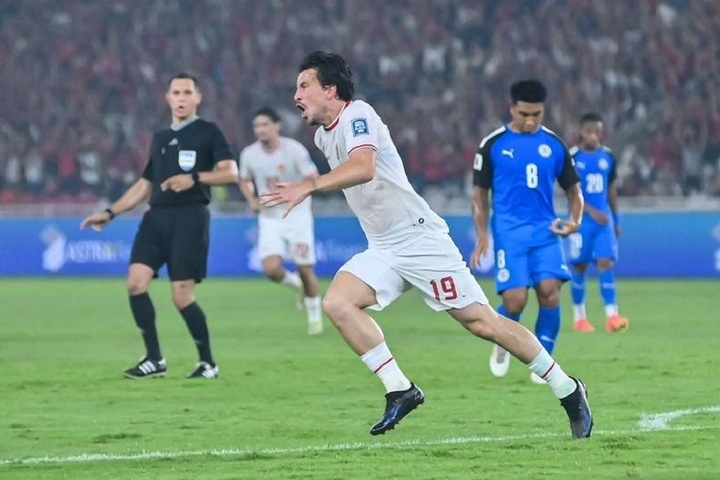
The success of the Indonesian team thanks to naturalized players has changed Southeast Asian football.
Naturalization should be an additional option.
- Is naturalizing players the shortest path to success?
Naturalizing players can be one of the shortest routes to success in football, but it is not without its drawbacks. Countries lacking a pool of high-quality local players can quickly strengthen their national teams by incorporating naturalized players from stronger footballing backgrounds.
We have found this strategy to be particularly useful for Southeast Asian teams in closing the gap with higher-level teams in Asia. However, while naturalization may bring short-term success, such as better performances in regional tournaments or improved FIFA rankings, it is not a sustainable solution.
Without proper investment in domestic football infrastructure and long-term talent development, the benefits of naturalization will only be temporary.
- If so, what should the long-term focus be? How should football nations in Southeast Asia develop their domestic leagues?
Naturalization policy should be used as a supplement, not a replacement. Because, to develop football comprehensively and substantially, the focus should be on youth training, targeting teenagers, in addition, countries must focus on improving infrastructure, building football development programs at the grassroots and local levels.
A prime example is Japan and Qatar, which have used naturalization selectively while still investing heavily in youth academies and local talent.

Goalkeeper Zion Suzuki is considered a success of the policy of naturalization and recruitment of mixed-race players in Japanese football.
Associations and federations should create a long-term roadmap outlining how naturalized players will fit into the national team's goals, ensuring they do not limit the development of local talent.
In addition, it is important not only to consider the ability of naturalized players, but also to demonstrate their commitment and pride in the country they will represent. Naturalizing players can help national teams strengthen quickly, improving their competitiveness in the short term.
However, to achieve sustainable success, Southeast Asian nations must focus on developing domestic leagues, investing in youth player development and improving coaching standards. They need a holistic approach that combines short-term naturalisation with long-term development strategies.
It is essential to ensure long-term progress in football. Naturalised players can fill immediate gaps in the team, but the ultimate goal is to build a self-sustaining football ecosystem that continuously produces high-quality local talent.
Over time, dependence on naturalization will diminish as the domestic talent pool is sustainably developed.
Thank you for the conversation!
Source: https://vtcnews.vn/xuan-son-canh-cua-moi-cho-bong-da-viet-nam-ar923221.html








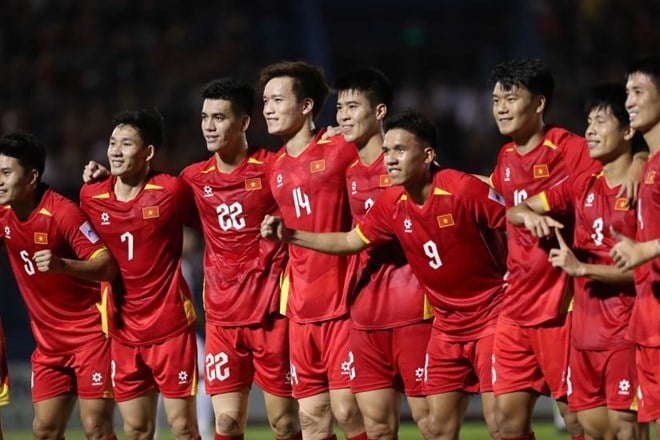

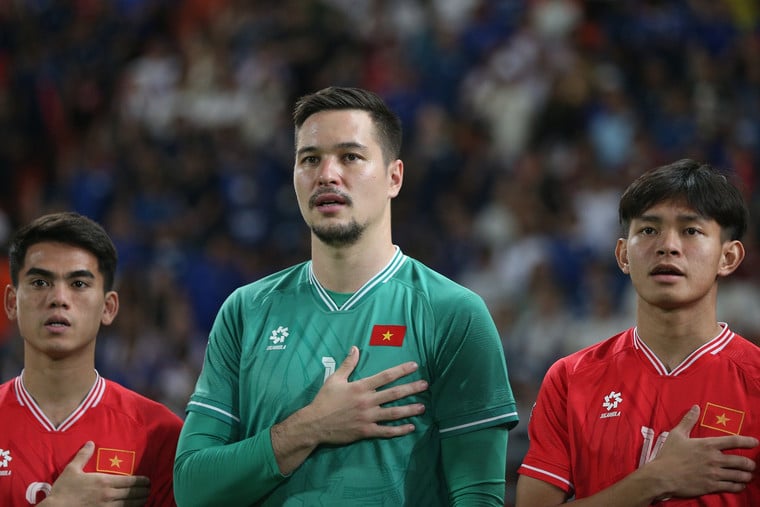



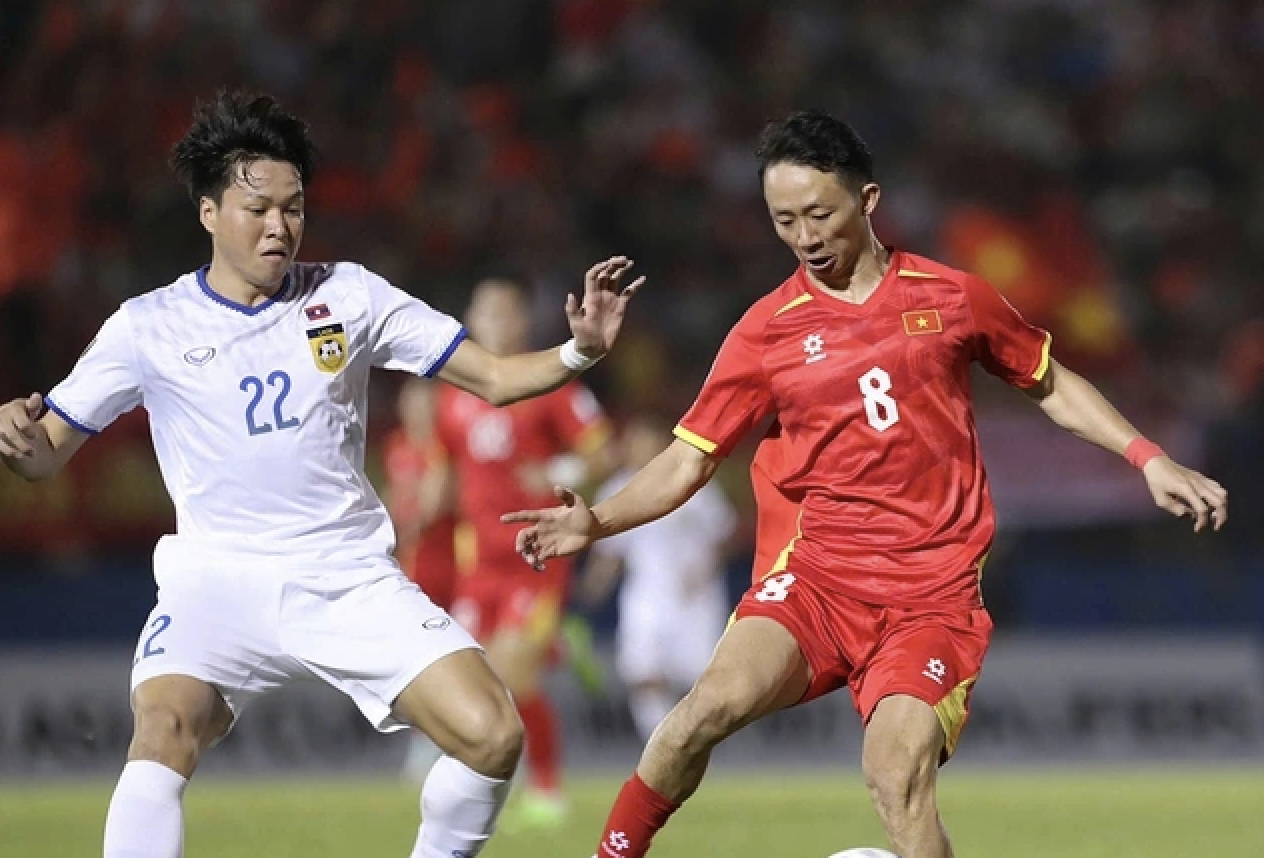


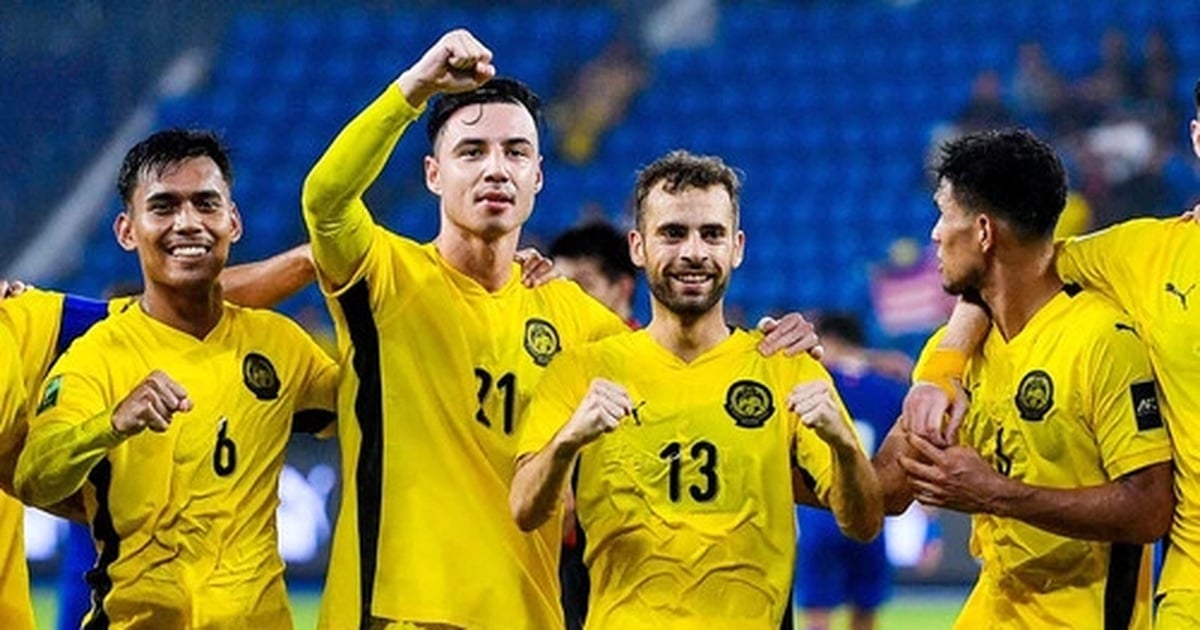














![[Photo] Air Force practices raising flag in Ho Chi Minh City sky in preparation for April 30th holiday](https://vstatic.vietnam.vn/vietnam/resource/IMAGE/2025/4/18/de7139d9965b44f8ac1f69c4981196fd)

































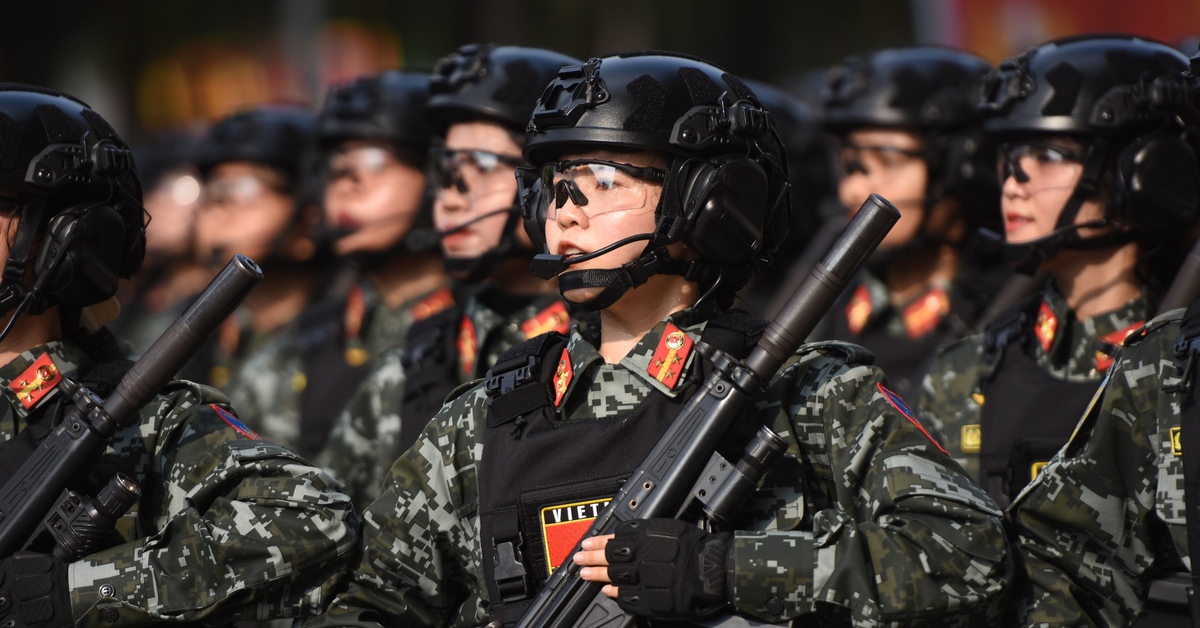



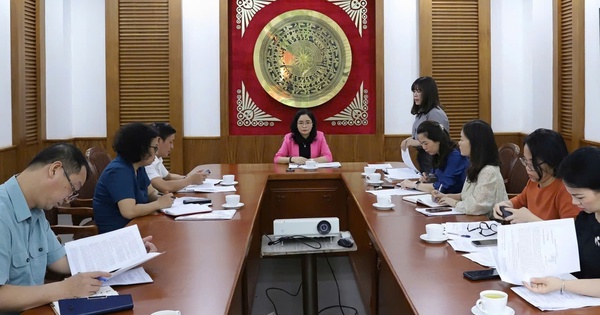























Comment (0)